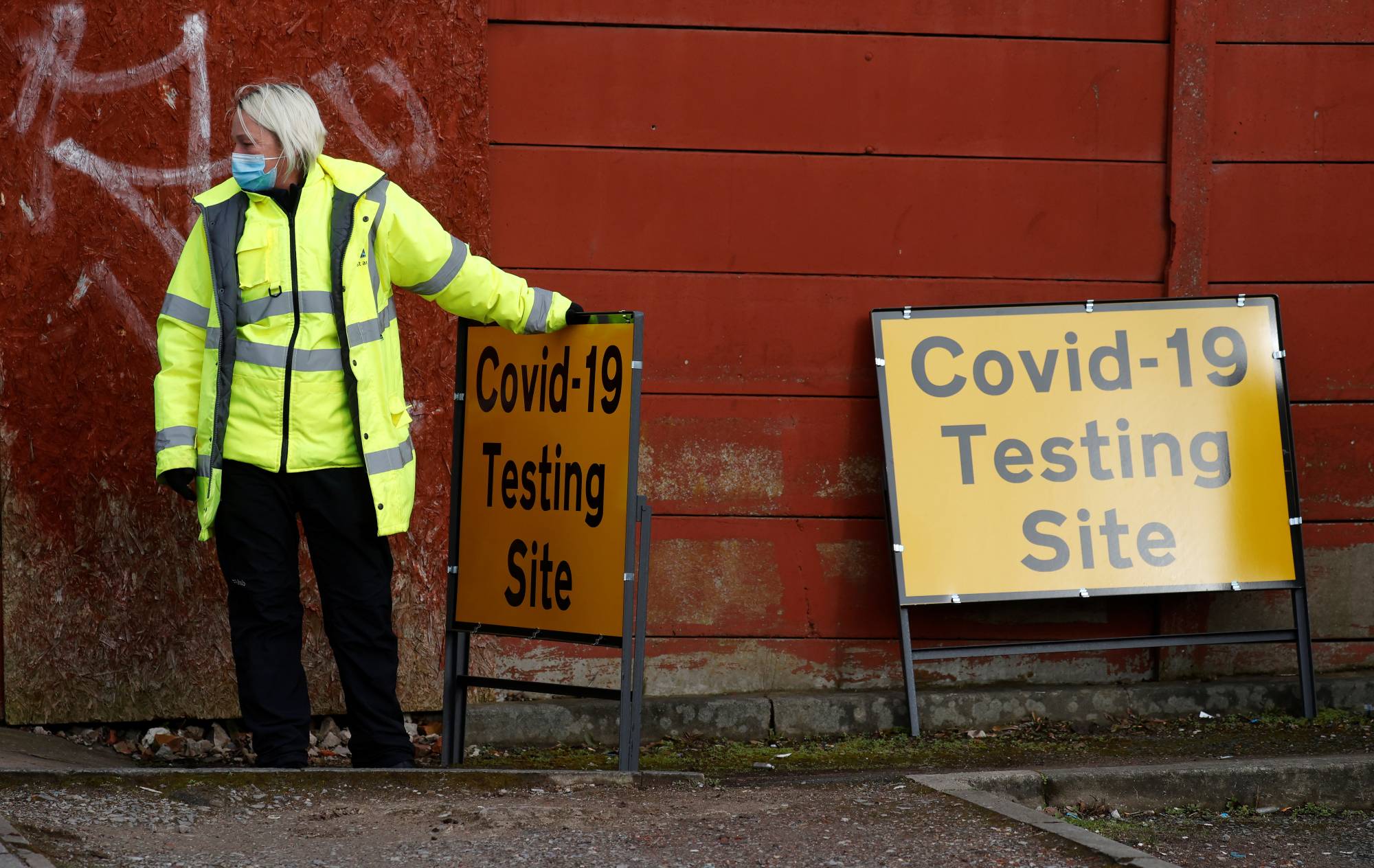When British scientists rushed to set up a system to track the evolution of the coronavirus early last year, they faced doubts that it would be worth the effort.
In the initial months of the crisis, the pathogen appeared to be undergoing limited, inconsequential change. Each genome analyzed by the U.K. operation looked similar to the last, and even specialists in the field were somewhat skeptical.
"People actually thought it was a bit of a waste of time,” said Nick Loman, a University of Birmingham professor of genomics and bioinformatics who helped launch the project. "There was an element of ‘you’re doing very expensive stamp collecting here while there’s a pandemic going on.’”

















With your current subscription plan you can comment on stories. However, before writing your first comment, please create a display name in the Profile section of your subscriber account page.